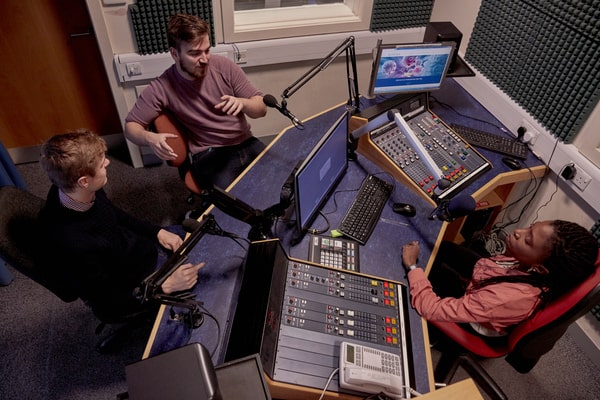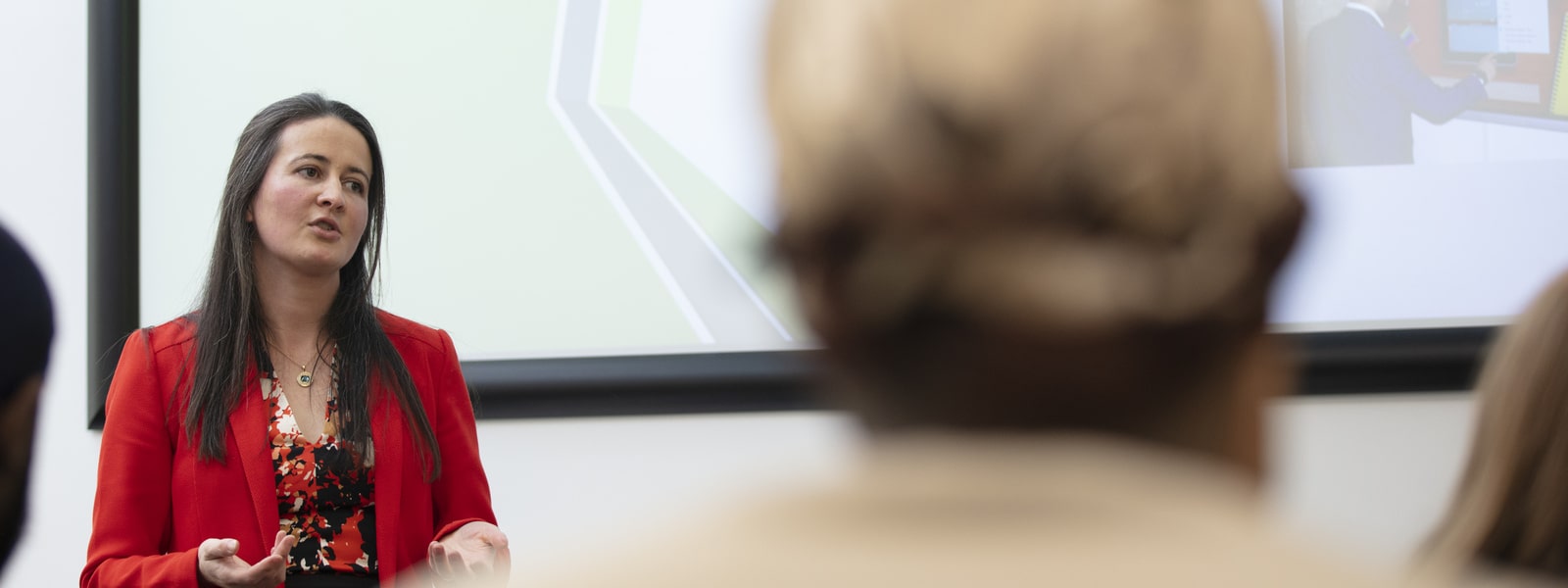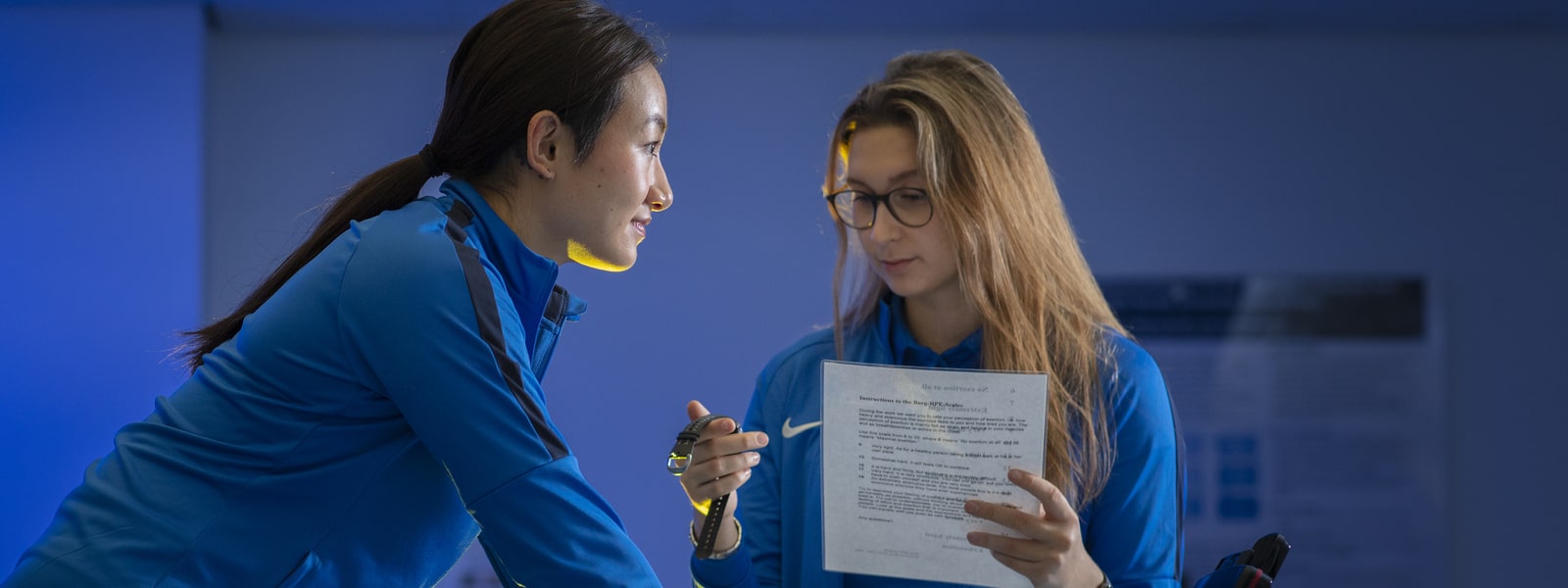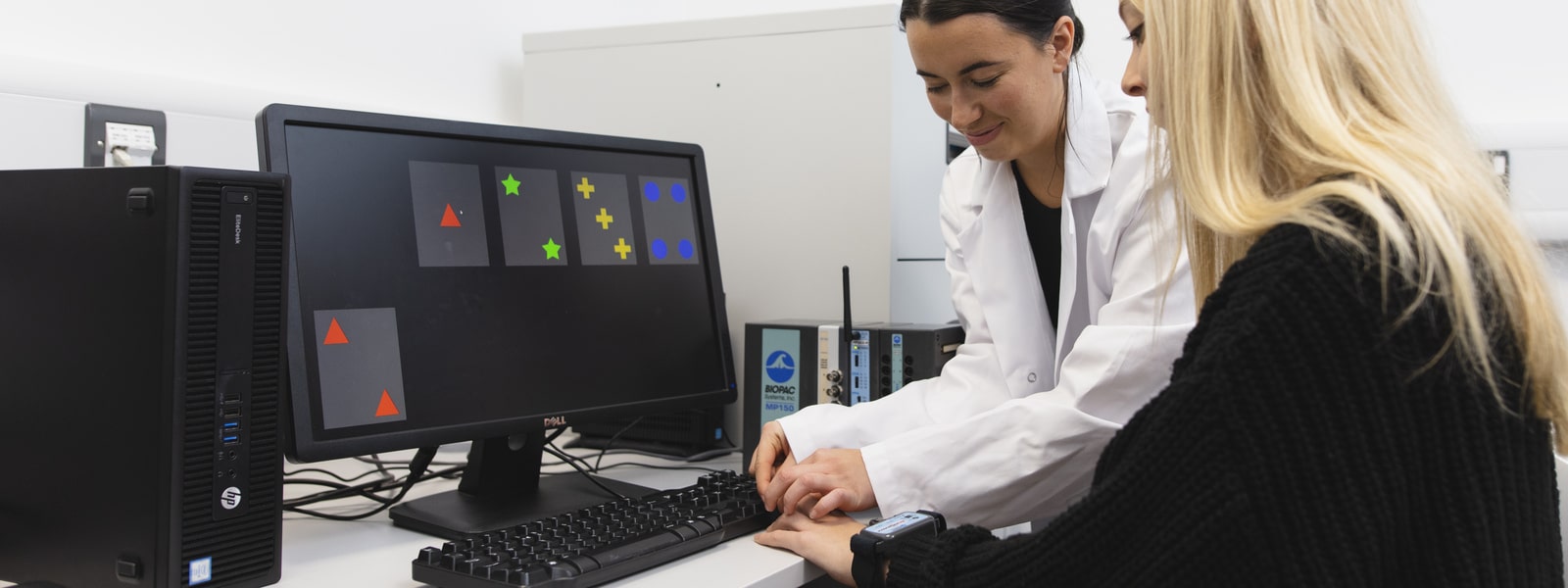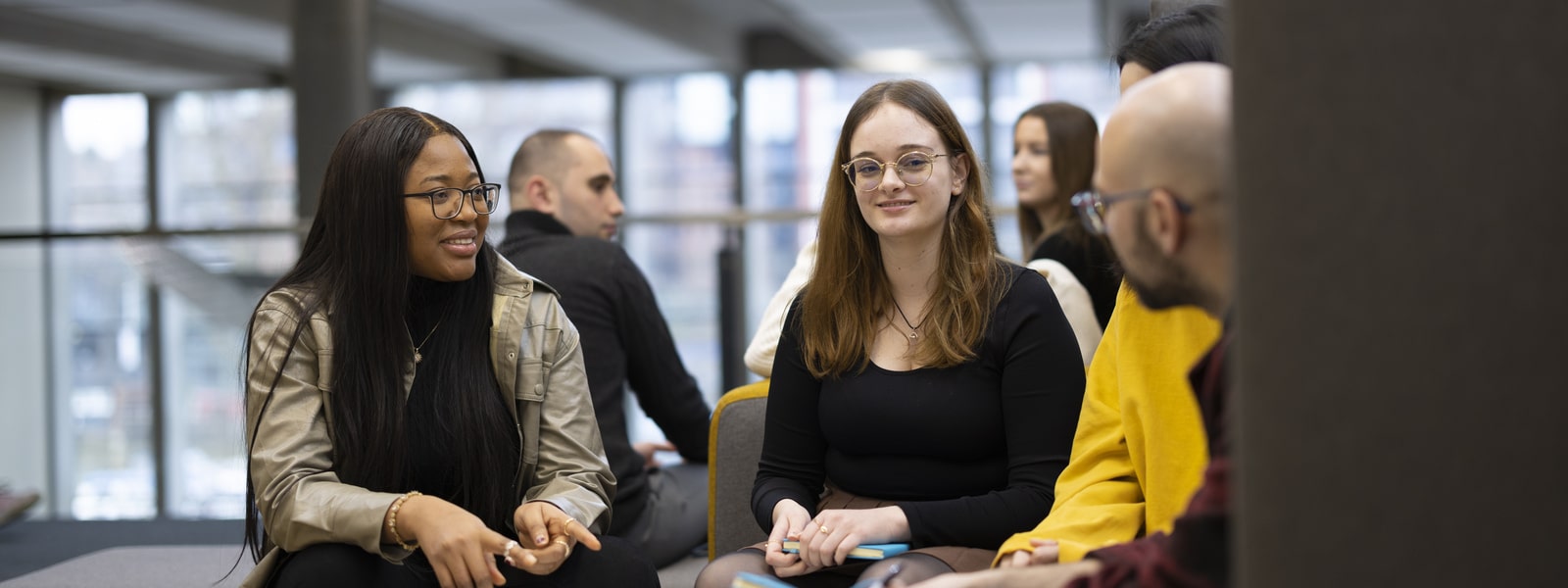Module Overview
Students undertake a dissertation topic of their choice within their chosen field of study and are expected to apply theoretical concepts to their research. They will be allocated an individual tutor to support their work but students are expected to demonstrate a high degree of personal commitment and to work on their own initiative.
Module Overview
Working on an individual basis, students will have the opportunity to produce project work in either broadcast, news and magazine brands, online and sport. It is expected that the resulting work will be at industry-standard and suitable for public consumption.
An advanced level of editorial and production skills will be expected, including story and idea origination, news and feature management and agenda setting, along with an awareness of the differing journalistic treatment demanded by each medium. Students will be expected to be work on their own initiative, making their own editorial decisions, with tutor supervision.
Module Overview
Students have the opportunity to examine and analyse their chosen specialism across a wide range of publications, from general readership websites, magazines, and newspapers to specialist and niche publications aimed at the 'expert'. Students can study the particular attributes needed for specialist journalism including: authority, expertise, ability to access specialist information and format requirements. Throughout this module, students will select one particular strand to focus on in order to develop their specialism in the following indicative areas: sport, music, fashion, science, arts or business.
Module Overview
This module aims to enable students to appreciate trends and changes within the main media industries (press, radio, TV, cinema, music and the internet) on a comparative basis between countries and between platforms. The module offers an opportunity to understand how the media has reached the state it is now in, and what trends are likely to continue in the future.
Module Overview
This module examines broadcasting structures in the UK and in other countries. It aims to develop students’ critical understanding of models of national broadcasting and the implications for media policy and mass media's role in society. The module aims to introduce students to the fundamental contexts of national, cultural and economic systems which inform the development of media policy debates.
Module Overview
Working in small production groups and independently, students will have the chance to build on the experience they have gained at Levels 1 and 2 and produce weekly and termly news and features outputs, in their choice of media, some of which will be for public consumption.
Using the School's web-based multimedia news site, LSJ News, students will work in a professional environment for the full year.
An advanced level of editorial and production skills will be expected, including story and idea origination, news and feature management and agenda setting, along with an awareness of the differing journalistic treatment demanded by each medium.
Module Overview
The purpose of this module is to examine and critically compare the different representations of journalists to be found in film and assess the relation between these portrayals and continuing moral and political issues faced by the profession. The module expects students to study movies in which journalists are portrayed as leading characters.
Module Overview
This module explores the history of war reporting and the ways in which journalists have represented conflicts. It also considers the reasons why some conflicts are marginalised, ignored altogether or given extensive coverage by the mainstream media. It studies theoretical aspects and practical implications of conflict-sensitive reporting.
Module Overview
This module is designed for students who have an interest in the theory and practice of political reporting, building on teaching at earlier levels of the programme relating to British and European political institutions. It focuses on two areas: political theory and the practice of political reporting. Increasingly, journalists need a critical understanding of the underlying concepts for political acting such as liberty, justice, rights, law, and how they are realised in our contemporary democracies.
The module will discuss the crisis of our modern democracy and the concept of post-democracy. It will also reflect on the essential role the media hold within our democracies. The practical element will focus on the sourcing of political stories and on various models of political storytelling. It will further look at how digital journalism and the social media have changed political journalism.
Module Overview
In this module, students wishing to specialise in an increasingly popular field of journalism have the opportunity to gain experience of sports reporting and are able to work in one or more media of their choice.
Students taking this module will follow the NCTJ curriculum and will be able to take the NCTJ assessments at the end of term.
Students are also encouraged to develop a better understanding of the structure of sport and will explore issues surrounding sport, including its impact on society.


-1000x700.JPG)
